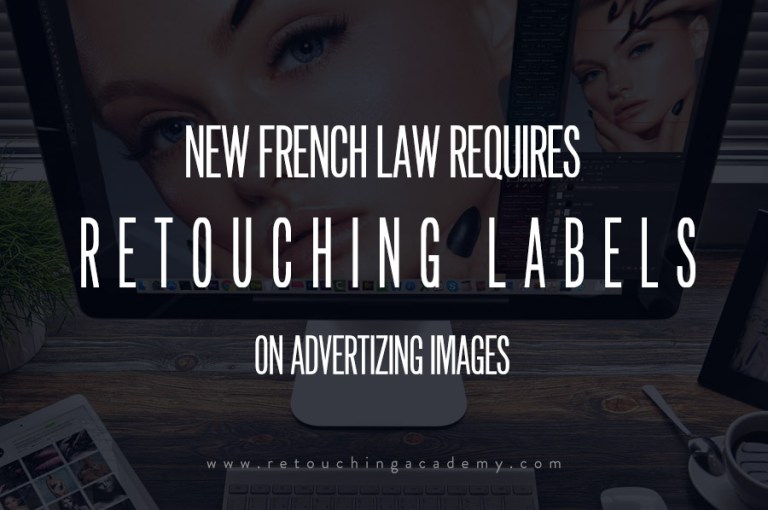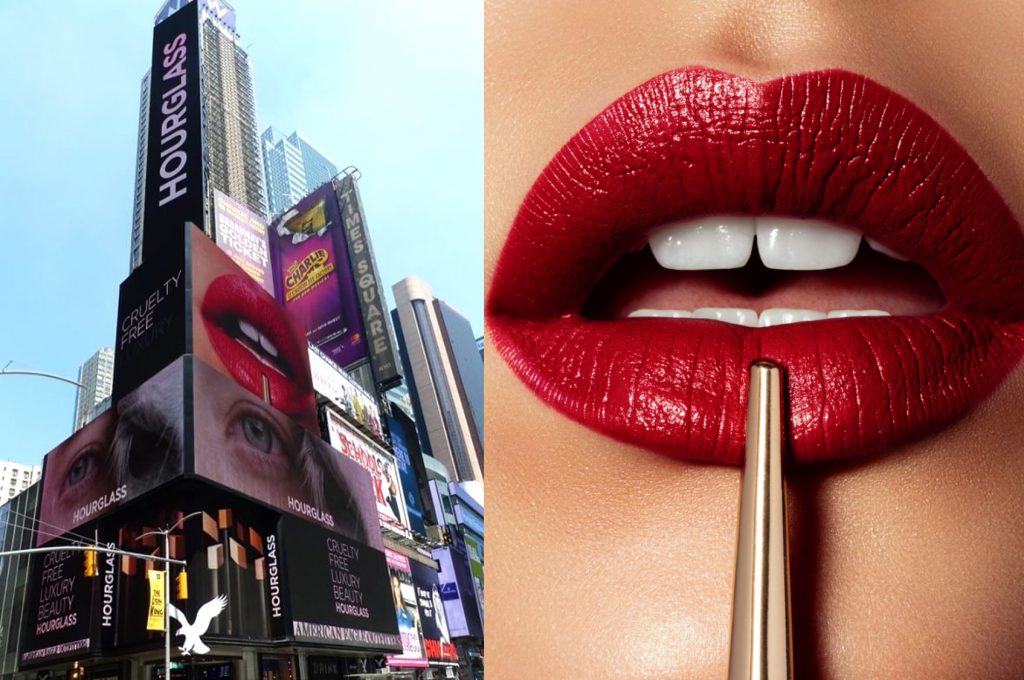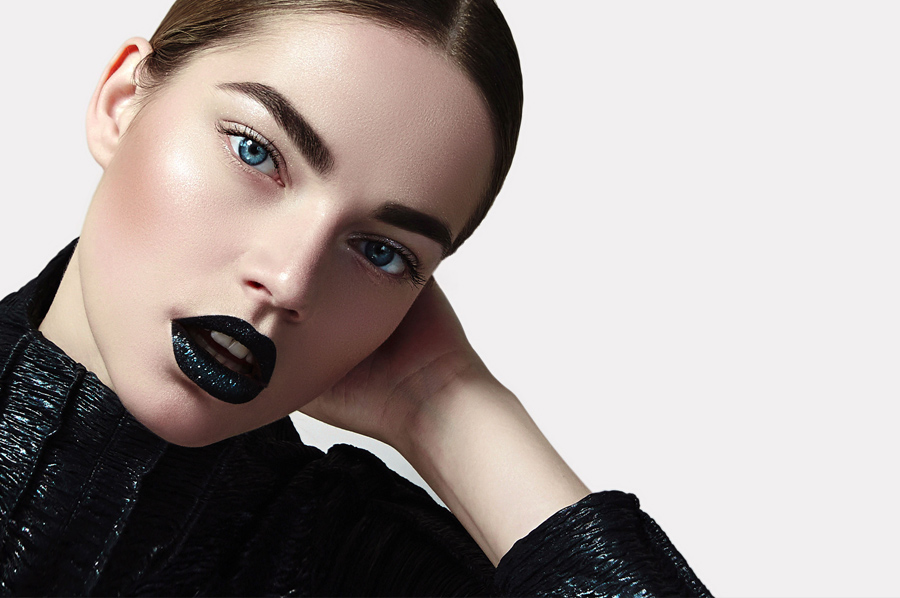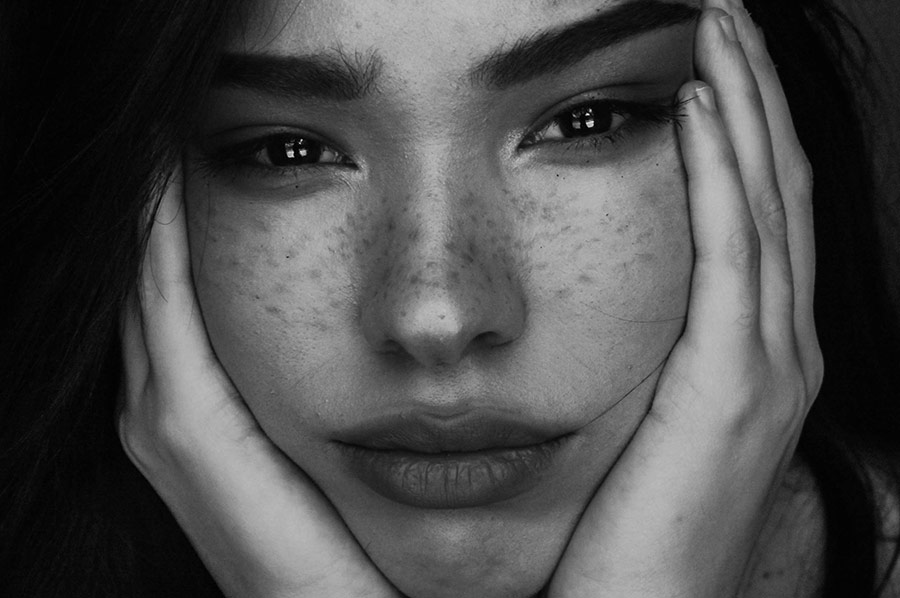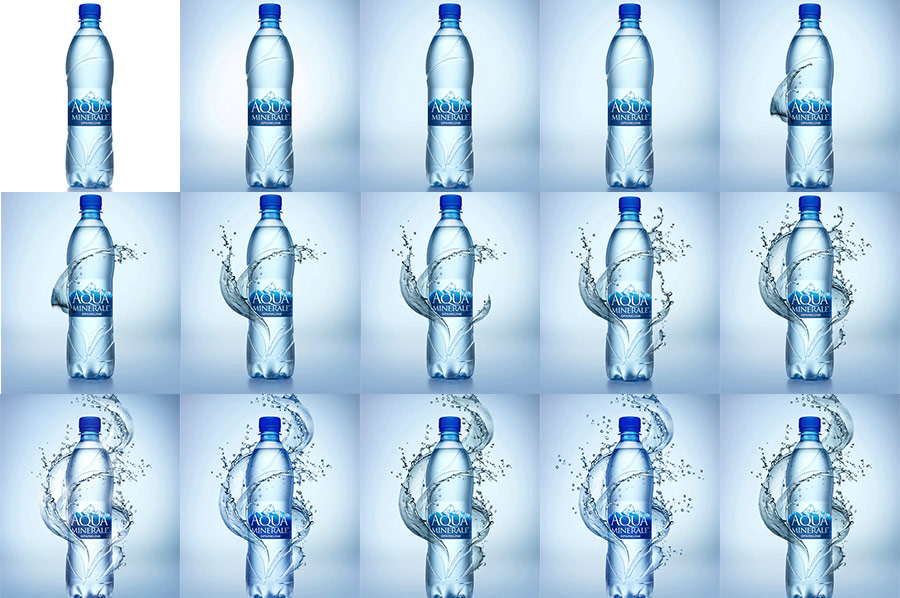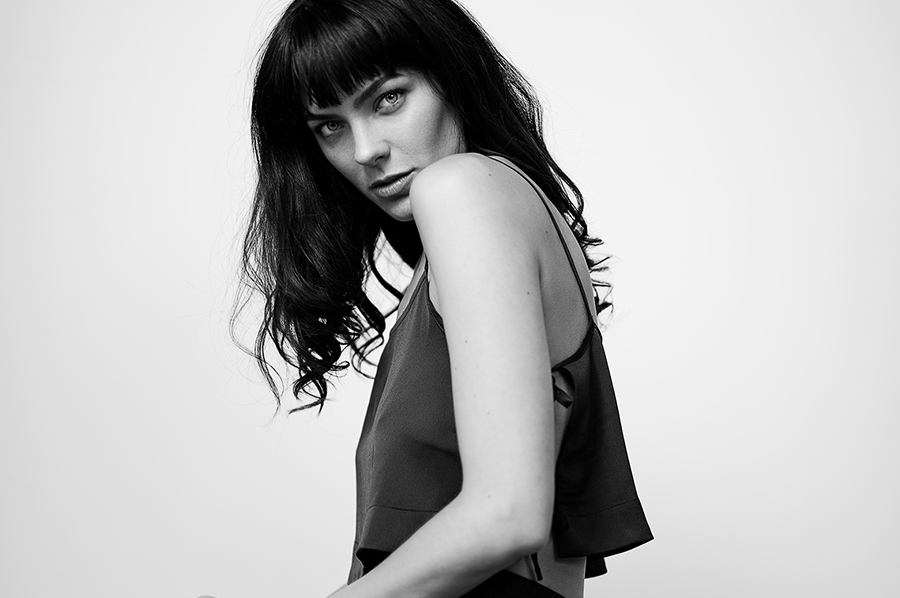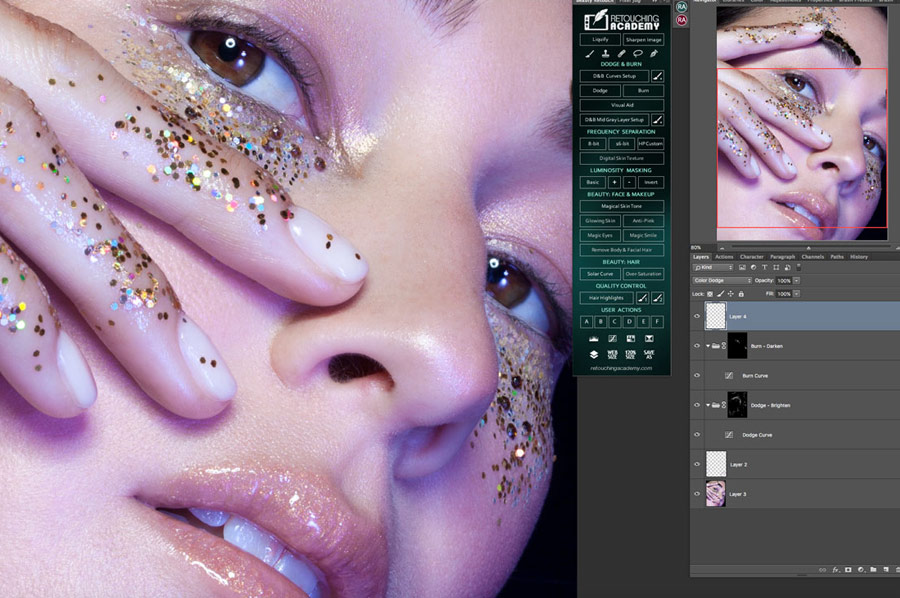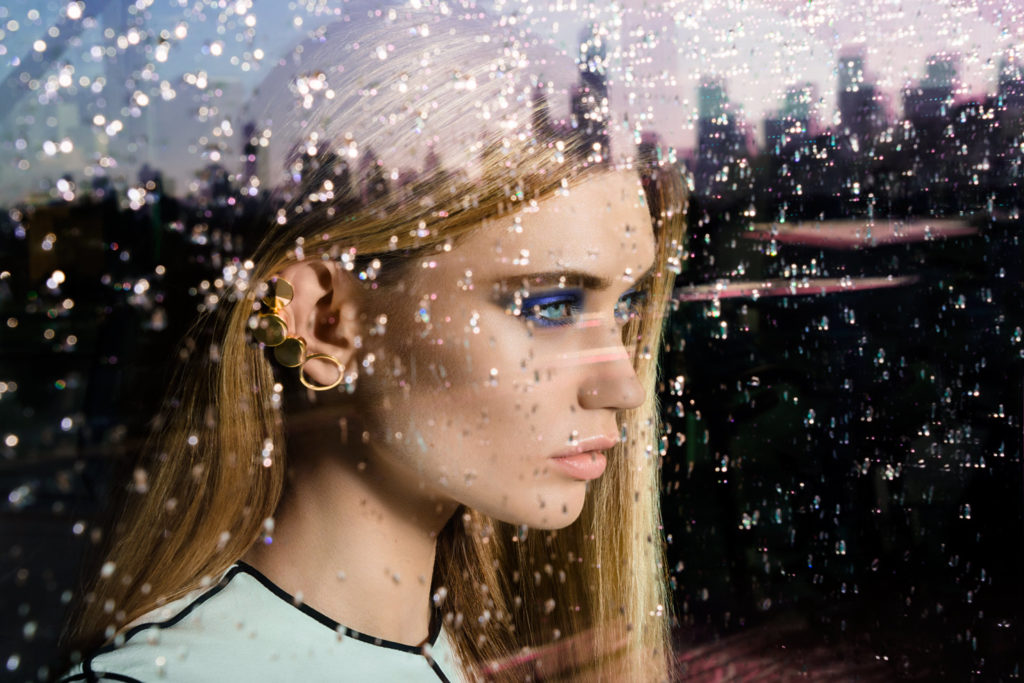Effective October 1st, a new French law goes into effect that requires any commercial photos of models that have been digitally altered to appear thinner or thicker to bear the warning that the photo has been retouched,”photographie retouchée”.
Initiated by the former Minister of Health, Marisol Touraine, the decree of May 4, 2017 will oblige the affixing of the mention “photography retouched” for any photo, reworked artificially via an image editing software. Those who do not comply with this law will face a fine of at least 37,500 Euros ($44,000), or 30 percent advertising costs.
According to La Parisienne, the government has decided to seriously deal with the eating disorders affecting 600,000 people in France and they believe that this law can help prevent the development of anorexia and bulimia in young people.
Back in 2010, The Telegraph reported that Australia tried to institute a voluntary “Code of Conduct” in the fashion industry, under which magazines would refrain from the retouching of photos or include a disclaimer when retouching has occurred.
While we don’t have such a law or code of conduct in the U.S., some companies like Getty Images, Seventeen Magazine, and ModCloth, have pledged to not use retouched images as their promotional materials.
The retouching debate has been going around for years now and it seems a little ridiculous in the world where the Kardashian sisters who have completely “remodeled” themselves in reality (photoshopping pictures?! pffft…) combined have the largest social media following in the world. Clearly, the youngest sister’s face and body alterations are not helping her followers – dozens of millions of young girls around the globe – to develop a healthy body image.
Being a photographer and retoucher, like most of our readers, I know that it’s not just the retouching – there is a whole team of professionals who work on set to make the models look stunning in the resulting images. Will we also have to make a “Makeup, hair and wardrobe styling used” disclosure on the images?
Besides, most professionals who deal with people affected by eating disorders know that there are so many serious genetic, temperamental, biological, and psychological underlying factors that calling out retouched magazine images like this is odd to say the least.
While I have nothing against the retouching warning on magazine or advertising images, I believe it’s the parents’ responsibility to educate their young children about how images are made and altered before they are released into the world, and that not everything they see in magazine photos, on social media, and in the movies is real.
“When it comes to digitally altering photographs, the horse has not only left the barn but also has probably Photoshopped himself or herself in a selfie. Using photo editing software or apps has become rampant to the point that you can never ever ever completely trust what you see in many magazines and websites including social media and dating sites,” says Bruce Y. Lee in his Forbes article.
We would love to hear what you think about this issue. What do you think would be the right thing to do going forward?
RELATED: No, CVS is Not Banning Retouched Images
Sources: Forbes.com, La Parisienne, Telegraph.co.uk


